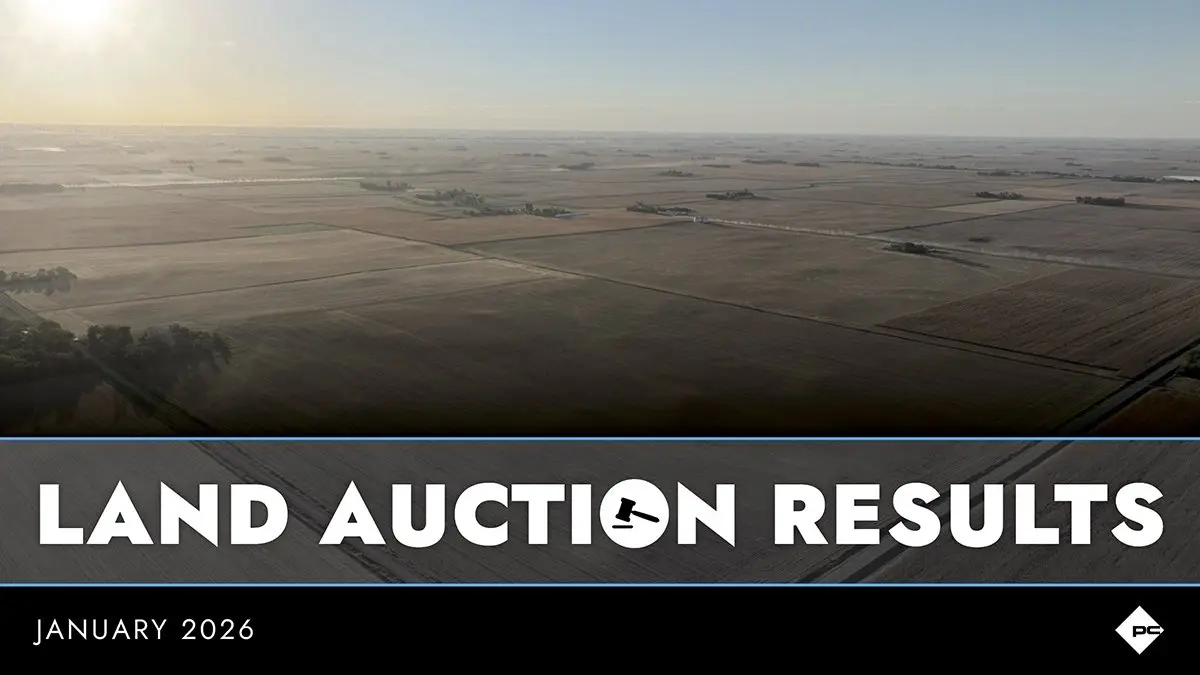Changing Dynamics
A paper by the Farm Foundation on changing dynamics in ownership and financing explores interest in farmland from outside of the agricultural sector, including financial services firms, pension funds and others. It was concluded that “new investment models could quickly alter the balance sheet of the farming sector.” The authors draw further attention to the social, cultural and political questions that remain – as demand for high-quality produce encourages greater investment in agricultural systems worldwide.
Read more.
Legacy Value
A new study by U.S. Trust points to commonalities among high-net-worth Americans – focusing on how they built, sustain and use their wealth. According to ThinkAdvisor, nearly half of survey respondents reported investments in tangible assets such as income-producing farmland, real estate or timber properties with potential to increase “legacy value.” High-net-worth respondents tended to be more optimistic than pessimistic, as investors, with regards to returns over the next year. Sixty-five percent noted that their family had a strong tradition of philanthropy and contributing to society.
Read more.
New Class
Wall Street remains smitten with farmland both here and abroad though a transition to more absentee ownership is expected to be slow. Corporate investors currently own only 1 percent of U.S. farms, yet account for 10 percent of production. One driver for farmland – “gaining credibility as a New York asset class” – are investors in search of an alternative to less-than-stellar returns on vehicles such as bonds or CDs. Who will be the next buyers? In related news, DTN reports, U.S. agriculture could dodge the long-feared collapse in farm real estate prices this commodity cycle.
Read more.
Big Deal
The largest water rights deal of its kind in Texas could close by year’s end. The Dallas Business Journal reports that the 33,800-acre Sandow Lakes Ranch, owned by the Texas land holdings of New York-based metals manufacturer Alcoa Inc., could go for $250 million. Alcoa, as part of the deal, hopes to leaseback portions of the ranch, which includes two power plants and lakes totaling approximately 48,000 acre-feet of water – stretching 30 miles long across three Texas counties.
Read more.
Ag Economy
Agricultural economists and land experts, gathering for the Iowa Farm Bureau Federation’s annual Economic Summit in West Des Moines, weighed in on ideas to help producers surmount tough economic times.​ The ​Iowa Soybean Association reports that​ ​U.S. farm income this year is expected to be under $60 billion -​ ​less than half when compared with 2013.​ ​One economist offers nine strategies to survive the "ag economic rollercoaster." Iowa Farmer Today​, in related news, notes that while "not especially bright at the moment​...it isn't disastrous."
Read more.
Commercial Rule
A new rule released in June by the Federal Aviation Administration was a nod to drone technology as it relates to commercial applications. Farm Futures, citing industry estimates, reports that the rule could help generate more than $82 billion for the U.S. economy while creating more than 100,000 new jobs over the next decade. The rule offers safety regulations for unmanned aerial systems weighing less than 55 lbs. for “non-hobby” operations. It has been estimated that as much as 80 percent drone, or UAS, use could be within the agriculture sector.
Read more.
Corporate Vote
North Dakota voters last month upheld the state's rules prohibiting corporate farming. Common Dreams reports that Measure 1 would have loosened century-old restrictions. Seventy-five percent of voters cast ballots against it. North Dakotans for Family Farms, listing “No tie to the farm or ranch” and “Limitless shareholders” among concerns, has campaigned in opposition of Measure 1, as well as SB 2351, which would have allowed corporate ownership of swine and dairy operations.
Read more.
Grand Tetons
Grand Teton National Park Foundation, a nonprofit, is raising money for the proposed $46 million purchase of a square-mile, Wyoming-owned tract of land in the park. Half of the money would come from the federal Land and Water Conservation Fund, according to U.S. Department of the Interior officials. The Billings Gazette reports that cash from its sale would be added to a permanent fund that benefits the state's public schools.
Read more.







